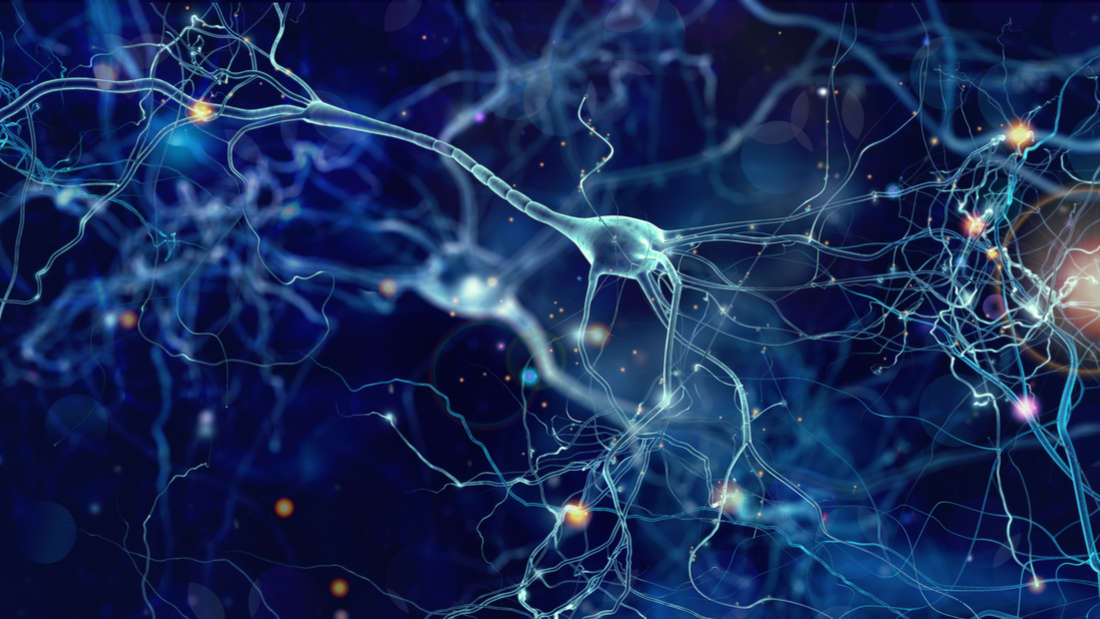Scientists Have Managed To Erase Memories In A Snail's Brain
the post is from http://www.iflscience.com/brain/scientists-have-managed-to-erase-memories-in-a-snails-brain/
A study has suggested it may be possible to delete memories that trigger anxiety and post-traumatic stress disorder (PTSD), based on experiments in snails.
The research was carried out by scientists at Columbia University Medical Center (CUMC) and McGill University. The findings were published in the journal Current Biology.
Part of the way brains create long-term memories is by increasing the strength of connections between neurons and maintaining those over time. By weakening those connections, it may be possible to change specific memories.
In this study, the researchers stimulated two sensory neurons that were connected by a single motor neuron in the marine snail Aplysia. The goal was to produce two memories, one being associative – that is, associated it with a particular event. The other was non-associative, which concerns something that’s indirectly related to an event.
The researchers give the example of walking down a dark alley and getting mugged, and then seeing a post box after. The memory of the mugging would be an associative memory, while seeing a post box later – which might remind you of the mugging – would be a non-associative memory.
"The example I like to give is, if you are walking in a high-crime area and you take a shortcut through a dark alley and get mugged, and then you happen to see a mailbox nearby, you might get really nervous when you want to mail something later on," said Samuel Schacher, a co-author on the paper from CUMC, in a statement.
They found that the strength of the connections of the associative and non-associative memories in the snail’s brain could be erased by blocking one of two different types of protein kinase M (PKM) molecules. These are responsible for maintaining each connection, with the different forms selectively blocking either associative (PKM Apl III) or non-associative (PKM Apl I) memories. Blocking other molecules that interacted with PKM could also erase a memory.
While this was only performed in a snail, the researchers said this could be useful for human memory because we’ve got similar PKM proteins, which play a role in the formation of our long-term memories.
You probably won’t be able to simply delete things you don’t like from your brain, like the ending of a book or movie. But for those who have memories that dramatically affect their well-being, this may provide some sort of solution.
"Memory erasure has the potential to alleviate PTSD and anxiety disorders by removing the non-associative memory that causes the maladaptive physiological response," says Jiangyuan Hu, also a co-author on the study from CUMC. "By isolating the exact molecules that maintain non-associative memory, we may be able to develop drugs that can treat anxiety without affecting the patient's normal memory of past events."